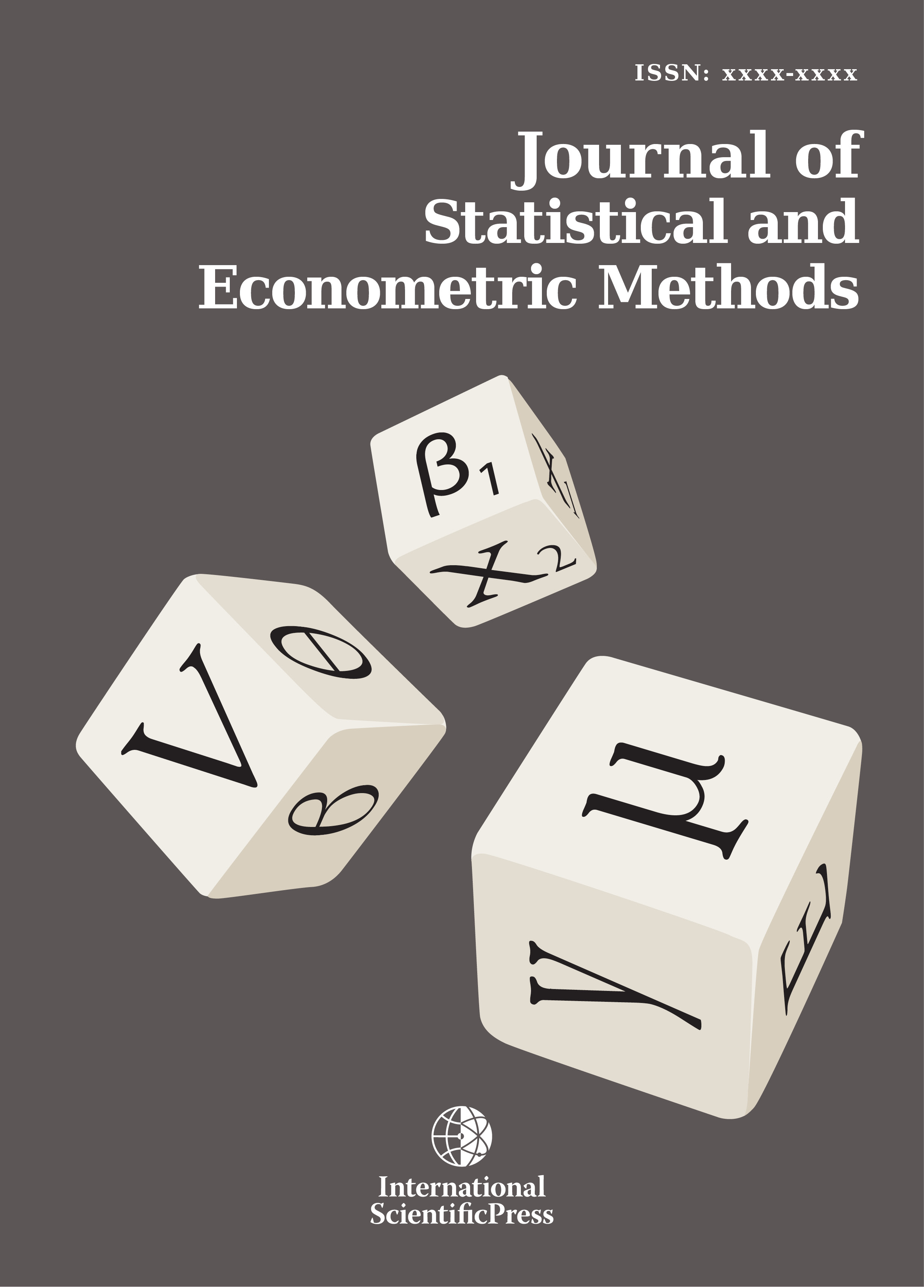Journal of Statistical and Econometric Methods
An Application of Robust Regression to Bernanke's Analysis of Nonmonetary Effects in the Great Depression
-
 [ Download ]
[ Download ]
- Times downloaded: 10445
-
Abstract
Bernanke's Nonmonetary Effects of the Financial Crisis in the Propagation of the Great Depression has been influential in the macroeconomic community by creating a study of the nonmonetary effects of the financial markets on macroeconomic activity. In this work, he hypothesized that the weakening of the financial system leads to an economic contraction through an additional nonmonetary factor. However, the data set utilized for this study had a large outlier corresponding to the bank holiday in March 1933. We see that omitting the outlier leads to results that do support Bernanke's hypothesis. However, Bernanke argues that the outlier cannot be simply omitted as it holds valuable information about the chaotic state of the financial markets in that time period. Thus we used robust statistics to incorporate the effect outliers in a purely statistical manner. The result shows that nonmonetary effects from the financial markets are indeed significant according to the robust estimators supporting Bernanke's hypothesis.
